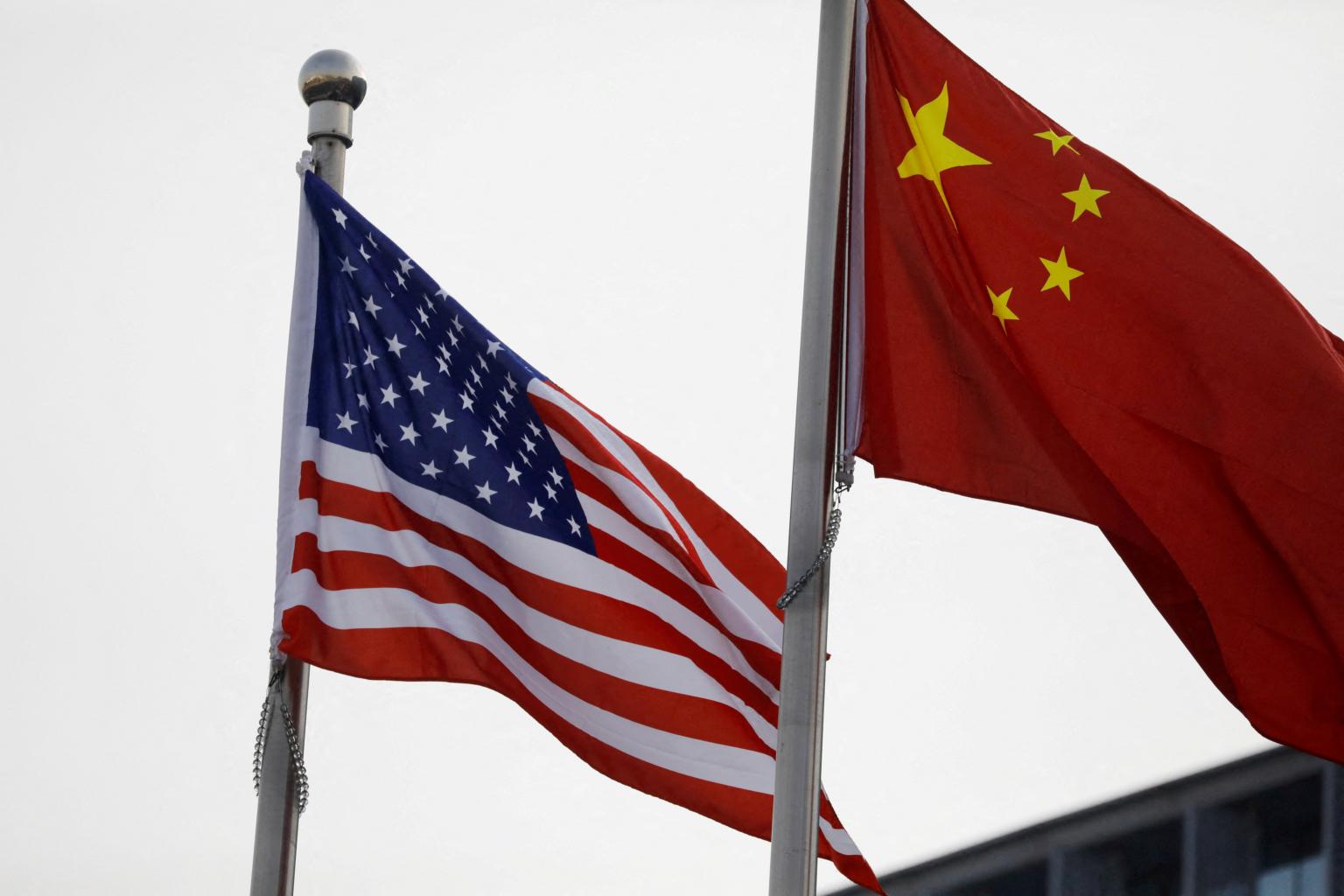Washington and Beijing must find ways to coexist or risk war: Henry Kissinger
Sign up now: Get insights on Asia's fast-moving developments

Both the US and China should make efforts to begin dialogue to understand the core interests of the other, said Dr Henry Kissinger.
PHOTO: REUTERS
BEIJING - Both Washington and Beijing must work out a way to coexist and reconcile their perceptions of the world, because a failure to do so could lead to conflict and war, former United States Secretary of State Henry Kissinger said on Tuesday (May 31).
Each side should make efforts to begin dialogue to understand the core interests of the other, and act in a way that respects these interests, said Dr Kissinger.
"We have to begin to define for each other what we consider the obstacles to progress and what we consider the goals we can achieve," he added.
Dr Kissinger was speaking at a webinar organised by the Chinese People's Institute of Foreign Affairs, a think-tank under the Chinese foreign ministry, to commemorate his 99th birthday.
The comments by Dr Kissinger, whose secret visit to China in 1971 paved the way for the two countries to establish bilateral relations, come barely a week after US Secretary of State Antony Blinken said the Biden administration's approach on China would be marked by "intense competition".
In his speech last week outlining Washington's policy on China, Mr Blinken said Beijing posed the "most serious long-term challenge to the international order", and that the US intends to push back against and outcompete China.
While this is seen as less combative than the policy of the previous Trump administration, experts see Mr Biden as continuing his predecessor's confrontational stance against China.
Chinese Foreign Minister Wang Yi, who opened the webinar with a short recorded message, said the US' "extreme anxiety (towards China) was totally unnecessary".
"If the United States is bent on defining China-US relations as the kind of competition between big powers and takes 'I win, you lose' as its policy goal, it will only push China-US relations towards confrontation and conflict, and push the whole world towards division and turbulence," he said.
Other speakers at the event, which was attended by current and former foreign policy officials from both China and the US - including former Chinese ambassador to the US Cui Tiankai and former US deputy secretary of state Robert Zoellick - had also critiqued the Biden administration's approach to China.
Former US envoy to Beijing J. Stapleton Roy said the US was not defining its strategic objectives towards China in a meaningful way.
"In other words, you can't just refer to the existence of competition, rivalry, cooperation as elements of the US-China relationship. You have to say what is your goal - is your goal to win the competition? Is your goal to let cooperation become the dominant feature of the relationship again? We are not defining that," he said.
Mr Cui agreed that both countries needed to have clear objectives in mind when managing their relations.
"Now people talk about the need for so-called 'guardrails' for our relations... But the problem is that if we don't know where we're heading, what is the use of these guardrails?" he said.
"We must try to reach a mutual understanding about what kind of a world order we want to have."
Mr Roy pointed out that the US would prefer China to agree to sustain the current world order, which was largely created by Americans, and "China is making clear it is not prepared to accept that as the goal".
Not being able to come to agreement on this could lead to order and stability in the Pacific breaking down, as it has in Europe with the war in Ukraine, he said.
Dr Kissinger said there was a need for frank dialogue to solve these problems. He recounted how in his first visit to China, he had told then Premier Zhou Enlai that China was to Americans a "land of mystery".
"Zhou Enlai interrupted and asked me what I thought was so mysterious about China. I did not give a very brilliant answer," he said.
"And he said perhaps what we should aim for is that as we meet, we should become less mysterious to each other. I think this is still our challenge."


